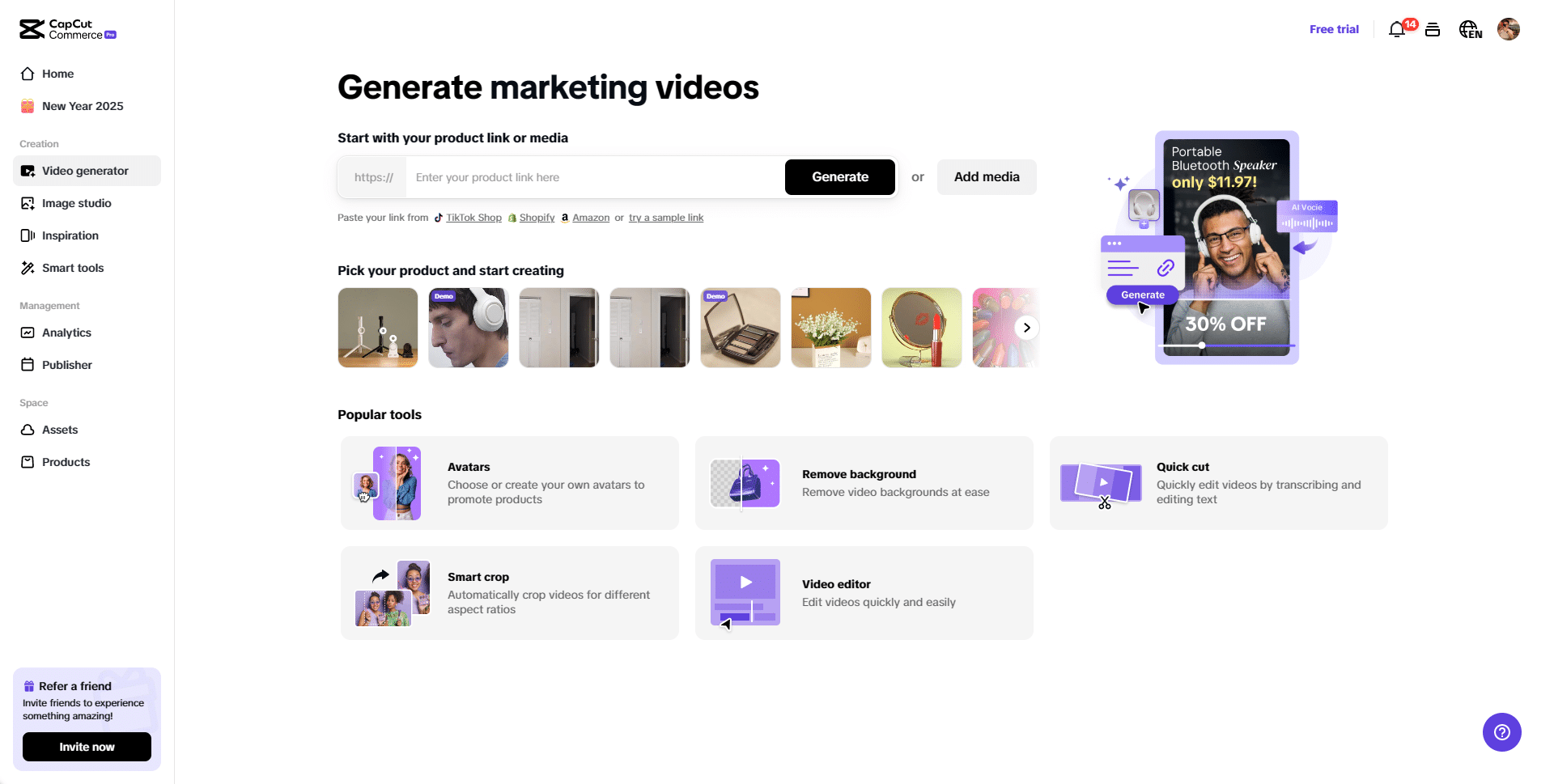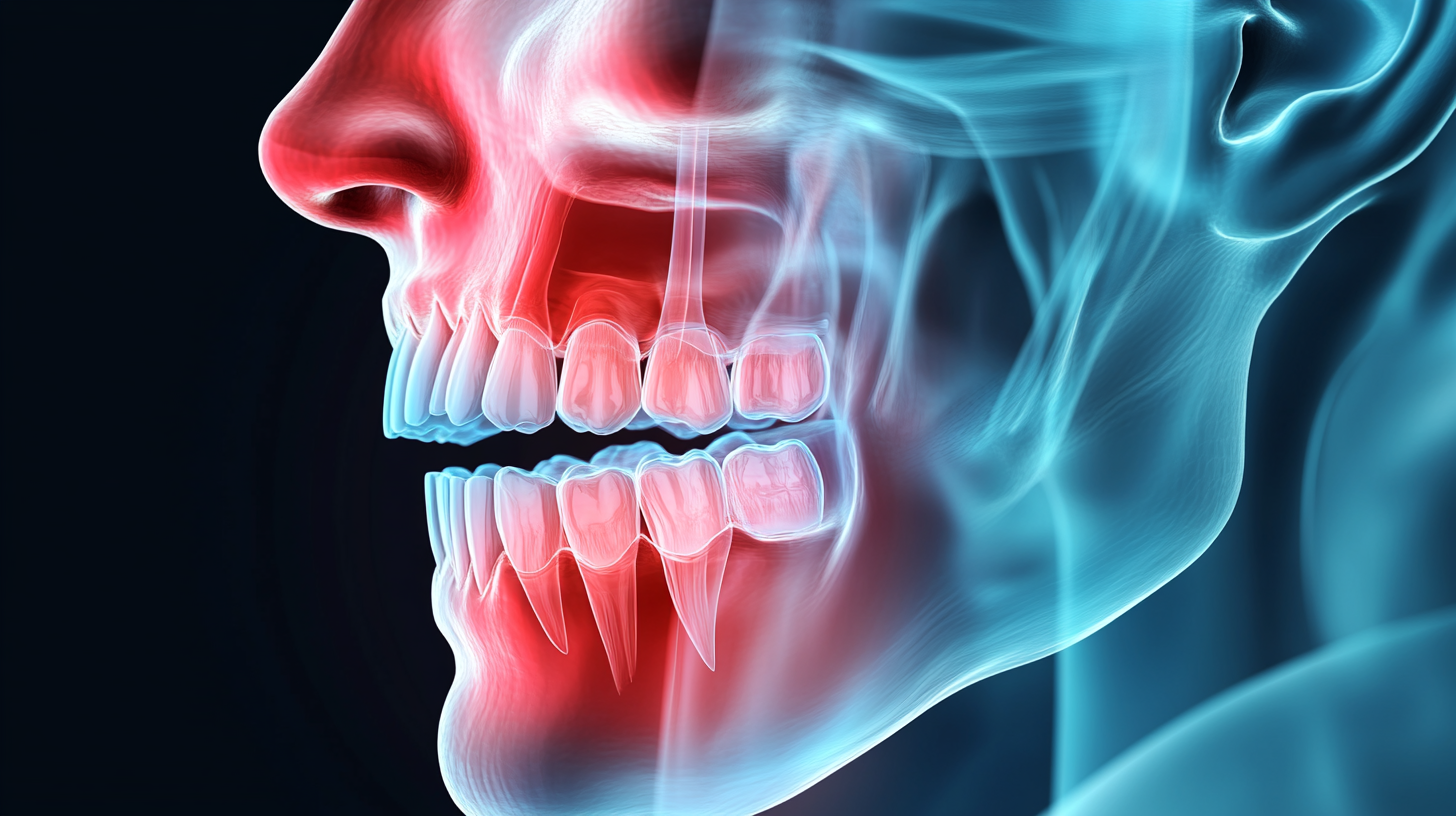
Managing cholesterol is essential for keeping your heart healthy. High cholesterol levels, especially when LDL (bad cholesterol) is elevated, can raise the risk of heart disease. At the same time, boosting HDL (good cholesterol) helps clear excess LDL from the bloodstream, promoting better heart function. While medications are sometimes necessary, there are plenty of ways to manage cholesterol levels through diet and lifestyle. Small changes to daily habits can have a lasting impact on overall health.
Cholesterol is a type of fat that the body needs for important functions like hormone production and cell repair. However, having too much LDL cholesterol can clog arteries, increasing the risk of heart problems. On the other hand, HDL cholesterol helps remove excess LDL from the bloodstream, reducing this risk.
Balancing cholesterol means keeping LDL levels low while maintaining or increasing HDL levels. This balance supports better circulation, lowers the chance of plaque buildup in arteries, and improves heart health overall. Taking small steps to adjust diet and activity levels can help maintain this balance over time.
Include Heart-Healthy Fats in Your Diet
The type of fat in your diet plays a major role in cholesterol management. While saturated fats, like those found in butter and red meat, can raise LDL levels, heart-healthy fats can improve your cholesterol profile. Foods like olive oil, avocados, and nuts contain monounsaturated fats that help lower LDL while boosting HDL.
Omega-3 fatty acids, found in foods such as salmon, mackerel, and flaxseeds, offer additional heart health benefits. These healthy fats help reduce inflammation in the body and lower triglyceride levels, further supporting balanced cholesterol. Replacing unhealthy fats with these nutrient-rich options makes a big difference over time.
Targeted Support with Supplements

Alongside healthy eating, certain supplements can enhance cholesterol management efforts. A bergamot supplement can provide added support when working to lower LDL cholesterol. Bergamot, a citrus fruit native to Southern Italy, contains compounds that help regulate cholesterol levels by reducing LDL and increasing HDL.
For those interested in this option, North Century Pharmacy offers BERGAMOT, a high-quality supplement designed to support heart health. Incorporating this supplement alongside healthy lifestyle changes can give you a natural boost toward achieving better cholesterol balance.
Increase Fiber Intake Through Whole Foods
Soluble fiber plays a significant role in reducing cholesterol naturally. This type of fiber binds to cholesterol in the digestive system, preventing it from being absorbed into the bloodstream. Eating fiber-rich foods regularly can help lower LDL levels and promote better digestion.
Oats, beans, lentils, and fruits like apples and berries are all excellent sources of soluble fiber. Incorporating whole grains into meals, such as brown rice or quinoa, also boosts fiber intake. Vegetables like carrots, broccoli, and Brussels sprouts offer additional fiber, contributing to a heart-friendly diet. Regular consumption of these foods supports a healthier digestive system and lowers cholesterol naturally.
Maintain a Healthy Weight with Regular Physical Activity
Staying physically active is one of the best ways to manage cholesterol. Exercise helps increase HDL cholesterol, which removes LDL from the bloodstream. It also supports weight management, which is important since carrying extra weight can raise LDL levels and put additional strain on the heart. Even moderate activity makes a difference, so you don’t need to follow an intense workout plan to see results.
Walking, swimming, biking, or light jogging are all effective ways to stay active. Aim for at least 30 minutes of physical activity most days of the week to improve cholesterol and overall health. Strength training, such as lifting weights or resistance exercises, also helps by improving metabolism and heart health. Staying active throughout the day—like standing instead of sitting for long periods—can further benefit cholesterol levels. Finding activities you enjoy, like dancing or hiking, makes it easier to stay consistent.
Minimize Refined Carbohydrates and Sugar

What you eat affects cholesterol, but it’s not just about fats. Refined carbohydrates and sugar can raise triglyceride levels and lower HDL cholesterol, both of which increase the risk of heart problems. Foods like white bread, pastries, and sugary beverages may seem harmless, but they can negatively affect cholesterol levels over time.
Replacing refined grains with whole grains, such as oats or brown rice, helps improve cholesterol and provides more lasting energy. Reducing sugary snacks and drinks in favor of healthier options like fruit, nuts, or yogurt also makes a positive impact. Focusing on whole foods, including vegetables, lean proteins, and complex carbohydrates, is a smart way to support heart health.
Reduce Stress to Improve Heart Health
Chronic stress has a direct impact on cholesterol by raising LDL levels and promoting inflammation in the body. Over time, unmanaged stress can contribute to higher cholesterol and increase the risk of heart disease. Managing stress is essential for maintaining heart health and can make a difference in cholesterol levels.
Practices like yoga, meditation, deep breathing exercises, and journaling help reduce stress and promote relaxation. Spending time outdoors, engaging in hobbies, or connecting with loved ones also helps lower stress levels. Building stress-relief habits into your routine creates long-term benefits for both your mental well-being and physical health. Even small steps, like practicing gratitude or taking a short walk, can ease daily tension. Prioritizing rest and sleep also supports the body’s ability to maintain healthy cholesterol levels over time.
Improving cholesterol levels naturally doesn’t have to feel complicated. By incorporating healthy fats, fiber-rich foods, exercise, and stress-relief techniques, you can achieve better balance. Cutting back on sugar and refined carbs also supports heart health, while targeted supplements offer an extra boost.
These strategies, when combined, help create sustainable changes that promote long-term heart health. Balancing cholesterol naturally is achievable with the right mix of diet, movement, and mindfulness, leading to a healthier life overall.























































































































































